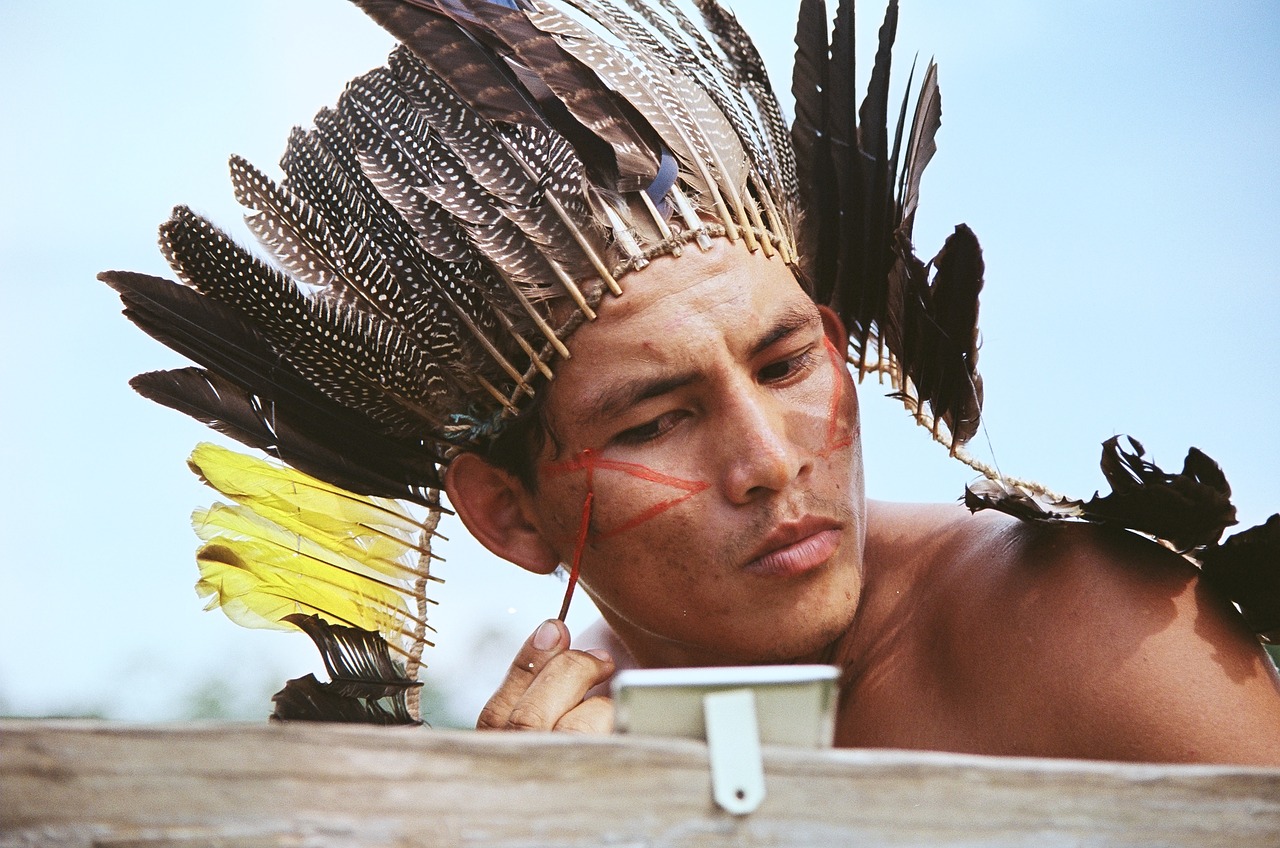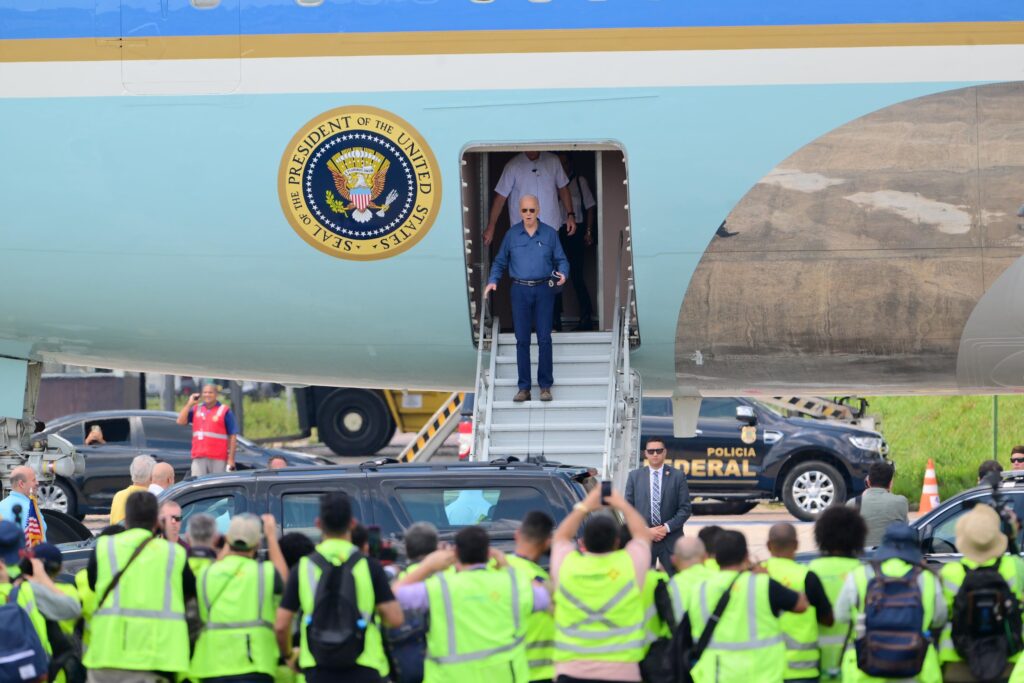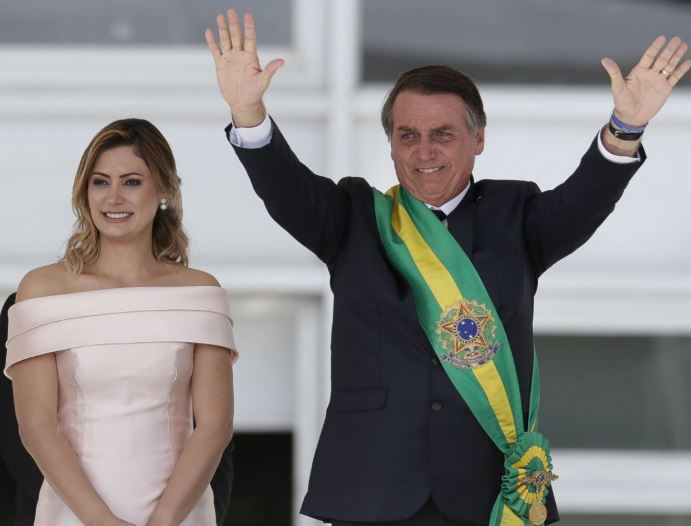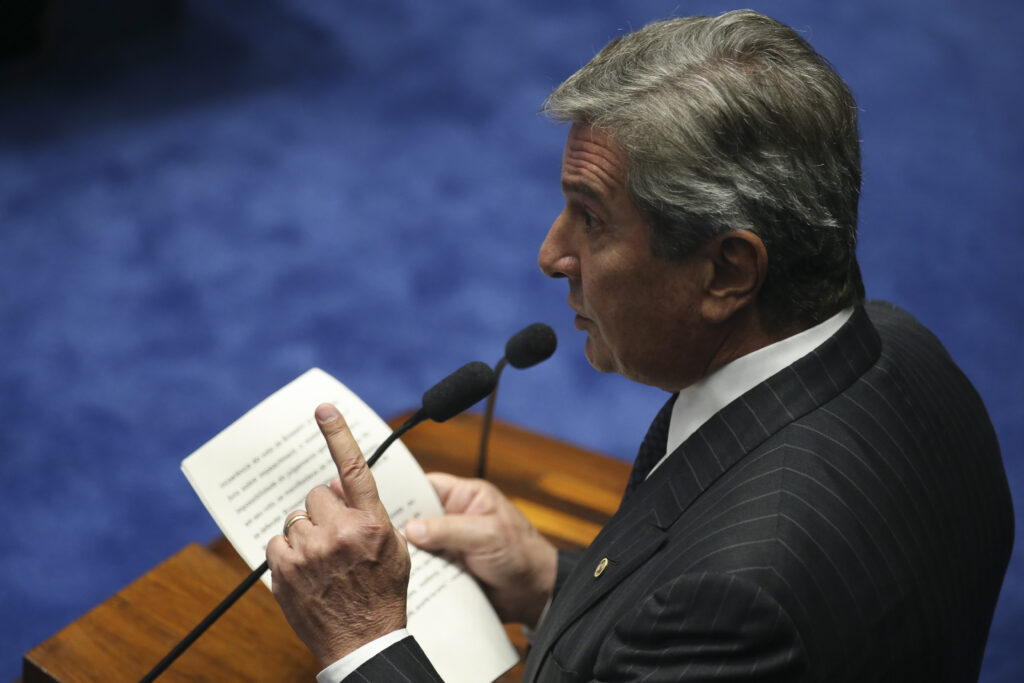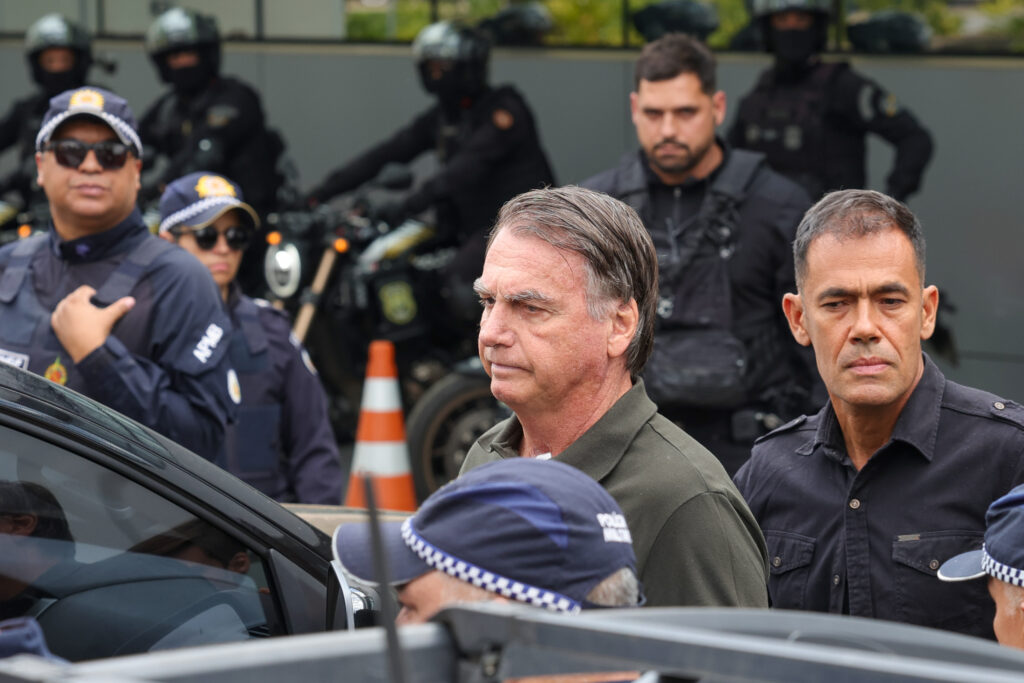In a move that has confirmed environmentalist fears, Brazil’s new President Jair Bolsonaro has issued an executive order transferring the creation and regulation of indigenous territories to the agriculture ministry, just hours after his inauguration.
Brazil’s agriculture ministry is controlled by the powerful agribusiness division, which many argue has gained power at environmental expense, despite denial from Bolsonaro’s current environmental minister, Tereza Cristina Dias.
The agribusiness sector was also one of Bolsonaro’s biggest factions of support in the build-up to last year’s election, as rural farmers often suffer at the expense of Brazil’s worsening public security problem and believe the new president’s planned security measures are capable of solving it.
The temporary decree, which will expire after 120 days unless ratified by Congress, means that Brazil’s FUNAI (National Indian Foundation) will no longer have control over decrees affecting indigenous lands, stripping them of all protection. Instead, the FUNAI has now been moved to a new ministry of women, family and human rights, which is under the management of evangelical preacher Damares Alves.
Brazil’s FUNAI is a government agency founded in 1967 with the intention of protecting indigenous interests and culture.
For their part, indigenous leaders have vehemently protested Bolsonaro’s decision, labelling it a threat to their reserves, which make up 13% of Brazil’s 8.5 million square miles of territory.
Speaking to The Guardian, executive coordinator of the Articulation of Indigenous People of Brazil (APIB) organisation Dinaman Tuxá, predicted that the change would have disastrous environmental impacts, threatening to increase deforestation and violence against indigenous people. “Indigenous people are defenders and protectors of the environment,” he said.
Ex-environmental minister and Bolsonaro’s former opposition candidate Marina Silva also publicly slammed the move via Twitter.
“Bolsonaro has started his government in the worst way possible,” she wrote. “The president who, during his campaign, represented steps backwards has now, on his first day, begun to put them into practise in our country.”
Bolsonaro’s decision does not only have implications for indigenous communities, but also for Afro-Brazilian quilombo territories (rural settlements formerly inhabited by slaves) which now also find themselves under the management of the ministry of agriculture.
Previously in his career, Bolsonaro was faced with charges of hate speech after discriminating against Afro-Brazilian quilombo inhabitants at a speech he gave in April 2017.
“If I become President, not one centimetre of land will be marked out for indigenous reserves or quilombola (settlements founded by African slaves)”, he said. “I’ve been to a quilombo, the Afro descendants there do nothing… even as breeders, I don’t think they’re any use to us anymore.”
Yesterday, January 2, Bolsonaro tweeted his current views on these members of the Brazilian population, who live in areas he believes to be “isolated from the true Brazil, exploited and manipulated by NGOs.”
“Together, we will integrate these citizens and value all Brazilians,” he wrote.


